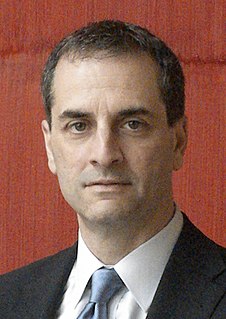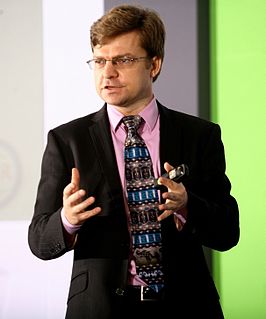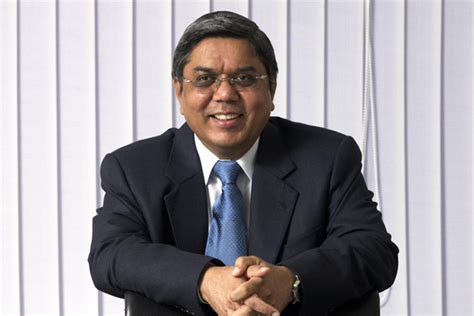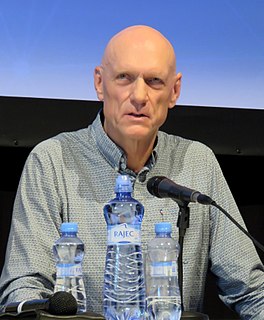A Quote by Park Won-soon
For me personally, it is one of my biggest priorities to build a sustainable city that can respond properly to the climate change.
Quote Topics
Related Quotes
For me the two biggest issues are climate change and animal welfare/animal agriculture. And oddly enough animal agriculture is such a contributor to climate change. According to the United Nations, 25% of climate change comes from animal agriculture, so every car, bus, boat, truck, airplane combined has less CO2 and methane emissions than animal agriculture.
Despite the international scientific community's consensus on climate change, a small number of critics continue to deny that climate change exists or that humans are causing it. Widely known as climate change "skeptics" or "deniers," these individuals are generally not climate scientists and do not debate the science with the climate scientists.
City farming is not only possible, it is the very definition of the kind of meaningful, sustainable innovation we will need to meet the grand challenges of the 21st century: climate change; population growth; ageing population; urbanization; rising demand for energy, food and water; poverty; and access to healthcare.
But no matter how big the effort to push a propaganda line might be, climate change is bigger. This, undoubtedly and regrettably, is the biggest immediate long-term environmental challenge we face. A failure to concretely come to some policy outcome on climate change has not only a negative environmental impact but also social and economic consequences for us.
I think the mother of all arguments against eating meat now is the climate change argument. Methane is a much more powerful greenhouse gas than carbon dioxide and when we eat meat we wipe away many of the good things that we do when we try to create greener and more sustainable practices in the rest of our lives. So if you add the concern for climate change with other concerns that were there. I think the case for vegetarianism is pretty overwhelming.
When I was energy and climate change secretary I sat around a cabinet table with Gove, and he couldn't help playing to the Tory climate-sceptic audience. As education secretary, he tried to ban climate change from the geography curriculum. After an angry exchange of letters with me, he eventually backed down.


































